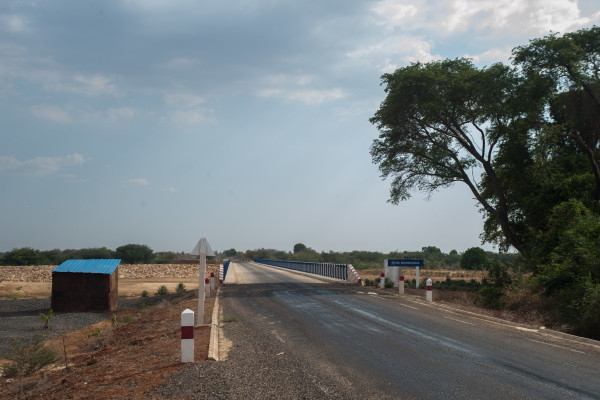The African Development Bank Group (AfDB) has approved a $165 million loan to Madagascar to develop critical trade corridors and improve regional connectivity. This funding, granted on 11 December 2024 in Abidjan, will support the third phase of a major infrastructure project aimed at enhancing trade corridors across the country.
The project, funded by the African Development Fund, the Bank Group’s concessional lending arm, is designed to promote economic and social integration in the southern part of Madagascar by improving accessibility to the region. By building and operationalizing transport corridors connecting different parts of the country and the rest of Africa, the project aims to strengthen trade facilitation procedures between the ports of Tuléar and Beira.
Adam Amoumoun, head of the African Development Bank’s Country Office in Madagascar, stated that the project will support increased national and intra-regional commercial trade, promote investments, and create new economic opportunities for local communities. The improved trade in agricultural products, livestock, and fish will contribute to economic growth and poverty reduction in the region.
Solomon Quaynor, the Bank Group’s Vice President for Private Sector, Infrastructure and Industrialization, emphasized the transformative impact of the project on the future of southern Madagascar. By enhancing vital road infrastructure, the project will not only create pathways but also unlock economic opportunities and social progress. These roads will connect rural communities to markets, healthcare, and education, fostering entrepreneurship, trade, and sustainable employment for women and youth.
The project will focus on improving key road infrastructure in the Atsimo Andrefana and Menabe regions of Madagascar. This includes upgrading a 78-kilometer road stretch between Bevoay and Morombe, passing through important agricultural areas that produce 29,000 tonnes of crops annually. Additionally, the project involves reconstructing the Manombo bridge and constructing two new two-lane bridges spanning 460 meters to enhance road connectivity and support national economic development.
Beyond physical infrastructure enhancements, the project aims to benefit various stakeholders, including customs operations, port activities, trade businesses, local consumers, and the broader economic ecosystem, including research and technology sectors.
In conclusion, the African Development Bank Group’s project in Madagascar represents a significant investment in improving trade corridors and regional connectivity, with the potential to stimulate economic growth, create new opportunities, and reduce poverty in the southern part of the country.
For more information about the African Development Bank Group, visit their website at www.AfDB.org.







